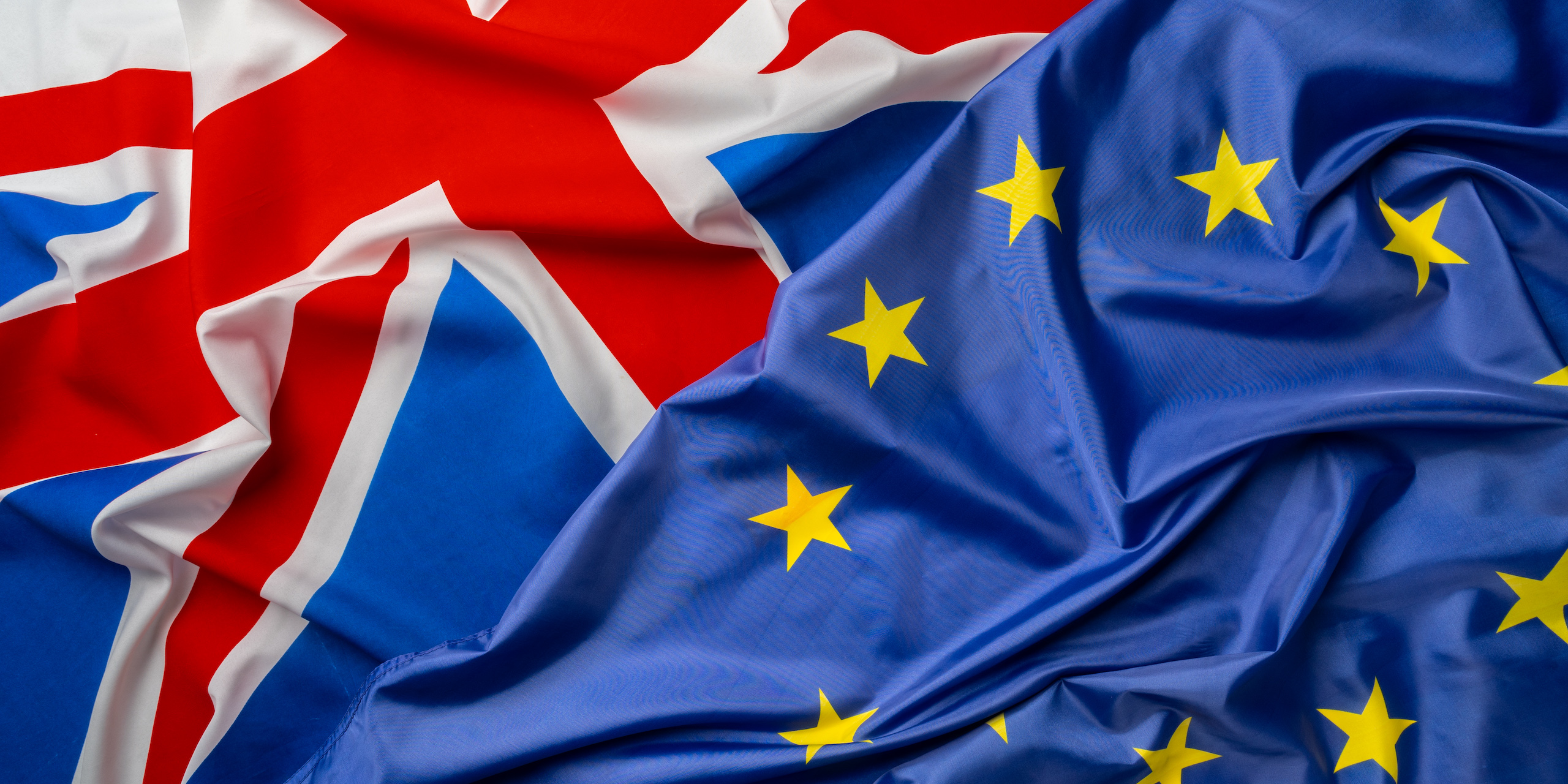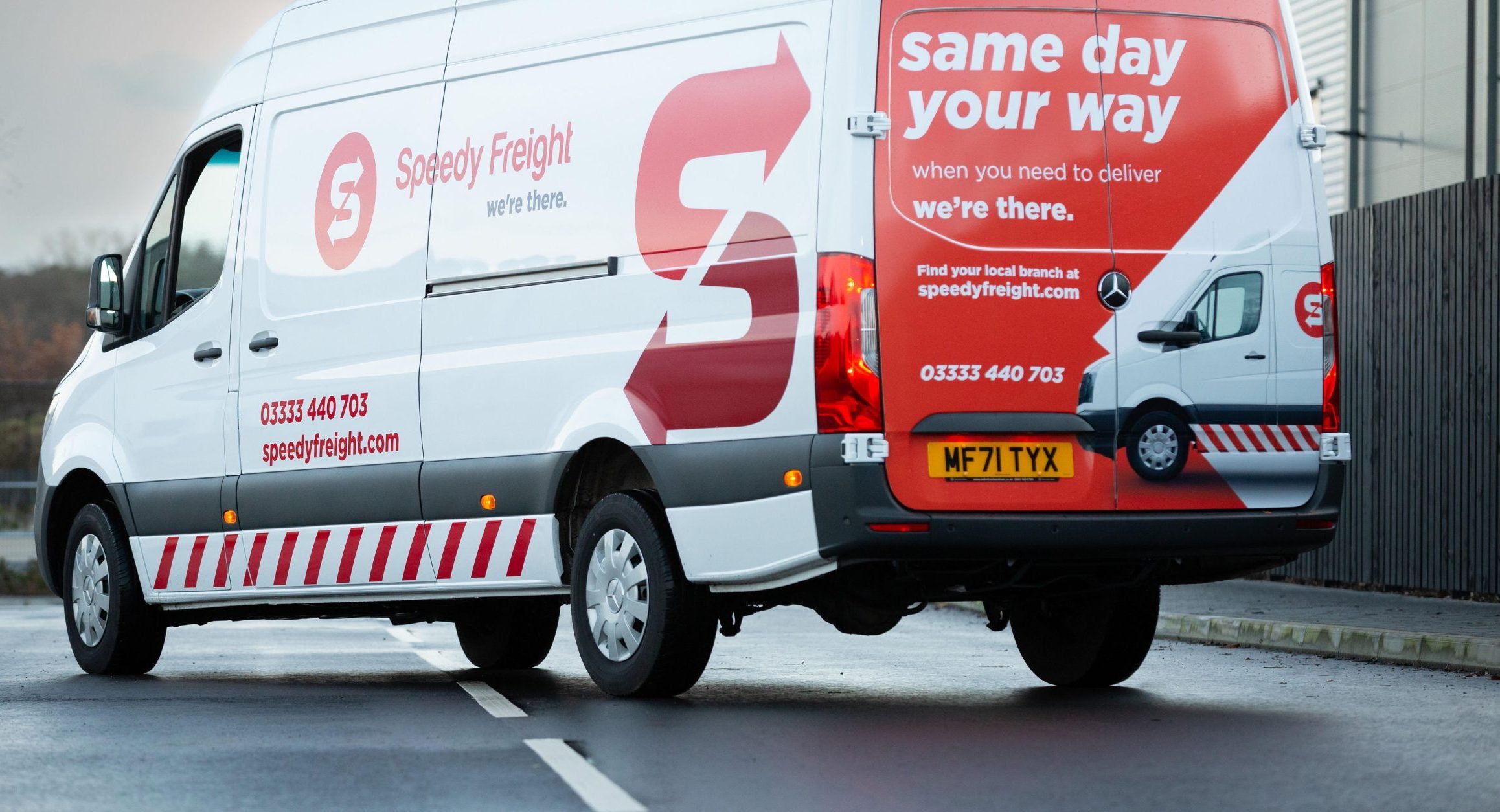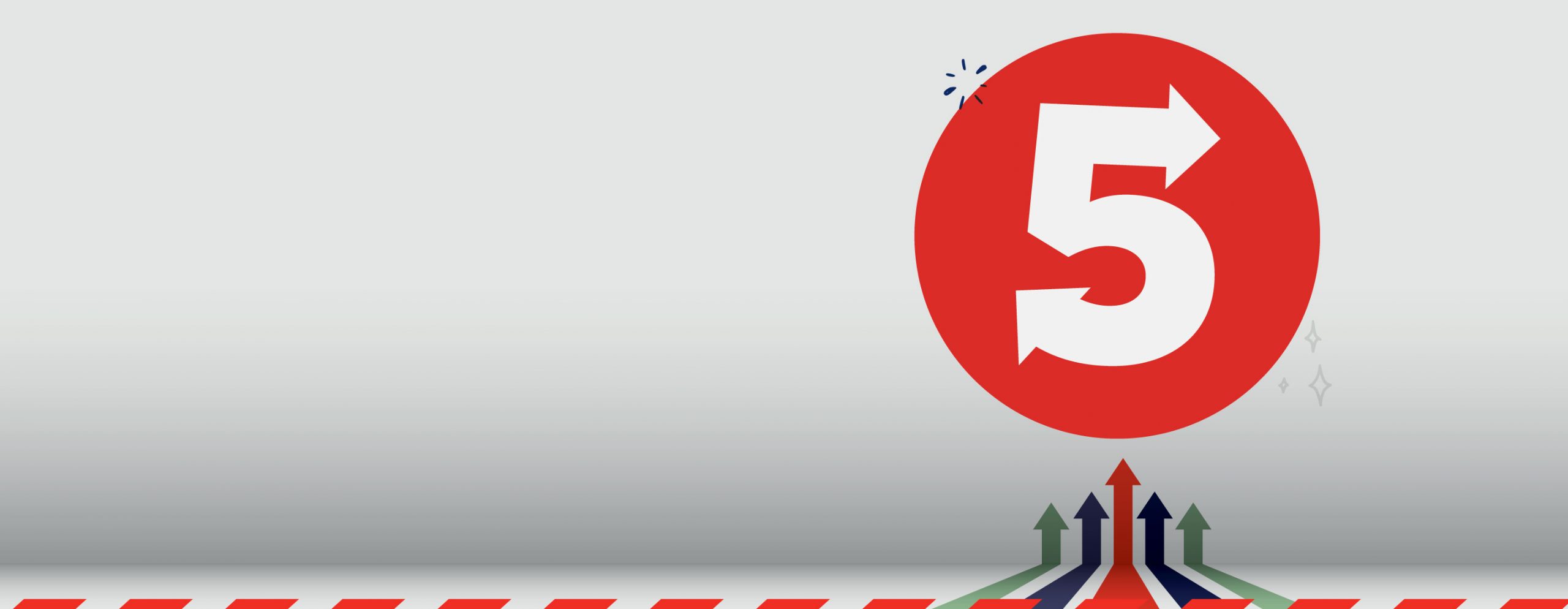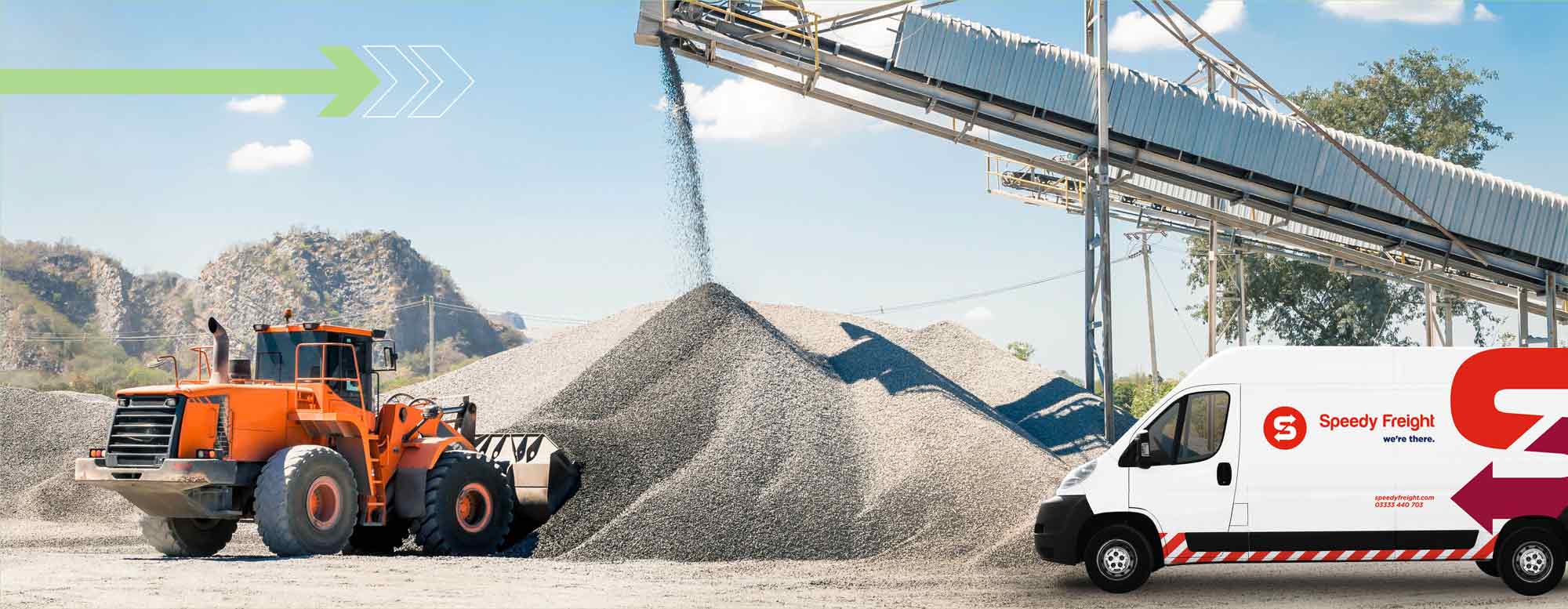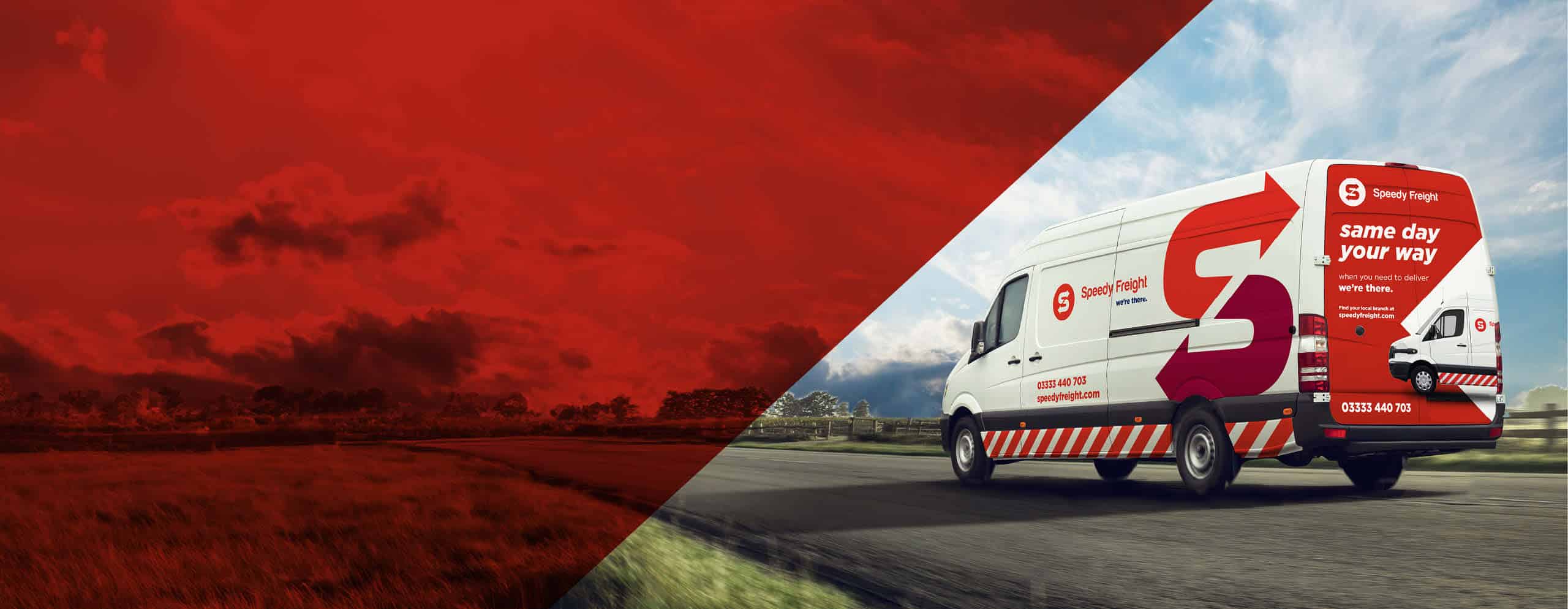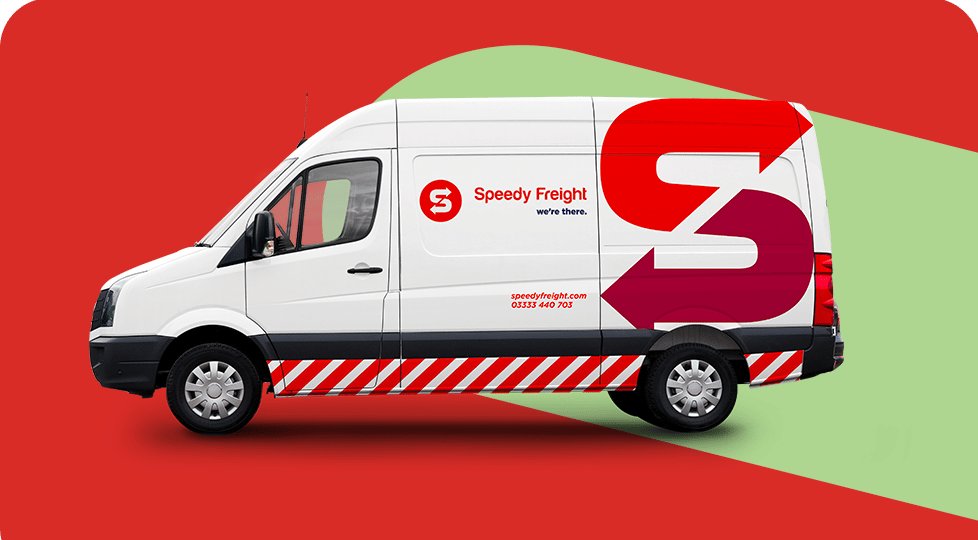ABP –
Animal By-products.
AEO –
Authorised Economic Operator. Status acquired by companies, based on the customs to business partnership introduced by the World Customs Organisation.
APHA –
Animal and Plant Health Agency. Gov agency that works alongside DEFRA and governments of the devolved nations.
BCP –
Border Control Post.
Carnet –
A Carnet or ATA Carnet (pronounced kar-nay) is an international customs and temporary export-import document. It is used to clear customs in 87 countries and territories without paying duties and import taxes on merchandise that will be re-exported within 12 months*
CDS – Customs Declaration Service.
It is currently running alongside CHIEF but will eventually replace this service. It is a customs declaration platform used for import/export customs entries.
C88 –
Accompanies the E2 and provides a full breakdown of the import or export.
CFSP –
Customs Freight Simplified Procedure.
CHIEF –
Customs Handling of Import and Export Freight system.
CLEARANCE –
Clearance of customs entry via Customs Handling of Import and Export Freight system (CHIEF).
COMMODITY CODE –
Tariff code that is applicable to the goods being shipped.
CONSIGNEE –
The company or person named in a freight contract to whom the goods have been shipped.
CONSIGNOR –
The company shipping the product. A consignor can be a factory, distribution centre or drop ship origin location.
Contract of Carriage –
Goods have been booked to deliver between parties – customer and haulier, with an agreed price
CUSTOMS ENTRY –
Declaration made on behalf of the customer; submission to HMRC via Customs Handling of Import and Export Freight system (CHIEF).
CPC –
is the reason for import or export, expressed as either a seven digit number or a six digit number and one letter. At the very least, a short written statement must be present on your customs declaration that clearly explains the purpose of the shipment.
DEFRA – Department for Environment, Food and Rural Affairs.
UK government department responsible for safeguarding the natural environment, supporting the UK’s world-leading food and farming industry, and sustaining a thriving rural economy.
DUTY DEFERMENT ACCOUNT –
A duty deferment account lets you make payment via Direct Debit for multiple consignments. You can apply for a duty deferment account if you’re an importer or someone who represents importers and have an approved guarantee or waiver in place.
E2-
Import Entry Acceptance Advice – Shows when an import entry is successfully committed. It includes information such as customs entry number, clearance date and time, consignee, summary of freight, insurance and VAT charges, breakdown of each item, customs value, item price.
EAD - Electronic Accompanying Document –
serves as a proof from a competent customs office that an export is admissible. The EAD is issued after an exporter submits an export declaration form and the exporting goods examined.
ECONOMIC OPERATORS REGISTRATION & IDENTIFICATION NUMBER -
Businesses and people wishing to trade must use the EORI number as an identification number in all customs procedures when exchanging information with Customs administrations.
EHC –
Export Health Certificate. An export health certificate (EHC) is an official document that confirms your export meets the health requirements of the destination country.
You must apply for an EHC if you’re exporting or moving live animals or animal products from Great Britain to or through the EU, non EU countries and Northern Ireland.
EIDR – Entry In the Declarant's Records.
ENS – Entry Summary -
Declaration is required if you are moving goods into Great Britain. This applies to goods going from Great Britain to Northern Ireland, or into Northern Ireland from outside the EU, you’ll need to make and entry summary declaration.
FTA – Free Trade Agreement.
This was agreed on 24/12/2020 between the UK and EU. Goods that originate from UK/GB/EU are not subject to duty charges. Goods that originate outside of the EU/UK/GB.
GMR – Goods Movement Reference.
You need to present the goods movement reference at the port you are leaving from. The GMR is obtained from the Government Gateway Portal. The carrier will allow you to embark if the goods movement reference is valid. You must follow instructions on whether you need to get your goods checked by customs on arrival or if you are able to continue your journey.
HRFNAO – High Risk Food of Non-Animal Origin.
IBC – Inland Boarder Control Post.
Government sites where customs and document checks can take place away from port locations.
INCOTERMS –
An internationally recognised standard and are used worldwide in international and domestic contracts for the sale of goods. They provide definitions and rules of interpretation for most common commercial terms. These rules have nothing to do with the shipping terms; but are purely related to the sale of goods.
IPAFFS – Import of Products, Animals, Food and Feed System.
Government run system to notify the correct governing bodies of imports of live animals, animal products and high risk food and feed not of animal origin into GB.
KAP –
Kent Access Permit is a certificate for drivers carrying out international transportation tasks from the UK to Europe. It aims to make sure drivers will already have completed the required documentation for crossing into the EU before even entering Kent. This is no longer required.
LRN –
Local Reference Number – This is produced to facilitate the collection of a T1 Transit Document from a customs office / inland boarder control post.
MRN –
is a customs identification number that's created each time a declaration is submitted for importing or exporting goods. The number generated is bespoke, allowing your goods to be uniquely linked to you.
NCTS –
New Computerised Transit System | This system is used to declare and process goods moving under the CTC (Common Transit Convention)
POAO –
Products of Animal Origin. Products derived from animals or products that have a close relationship with animals. If you are moving POAO within the EU, you will need to meet any relevant health certification and product-marking requirements specific to each type of product and which are standardised across the EU.
P2P – Permission to Proceed.
Customs entry is confirmed all okay with customs of export country (e.g. HMRC in the UK, Revenue in Ireland), goods can be collected and depart.
RO-RO – Roll-On/Roll-Off (RORO or ro-ro).
Ships are cargo ships designed to carry wheeled cargo, such as cars, trucks, semi-trailer trucks, trailers, and railroad cars, that are driven on and off the ship on their own wheels or using a platform vehicle, such as a self-propelled modular transporter.
SPS – Sanitary and Phytosanitary
S&S – Safety and Security
SSD – Safety & Security Declarations.
SSDs are a way of analysing the potential risk of goods that are being imported or exported. Imported goods need an ENS (Entry Summary Declaration) and exported goods will require an EXS (Exit Summary Declaration). This information will go to the appropriate Import Control System (ICS).
These declarations MUST be completed prior to arriving at the port. Submitting these documents will generate a reference number, which you will then need to use when you complete your GMR (Goods Movement Reference), what we call a Port Pass. If you don’t have this completed prior to arrival at the port, you will NOT be permitted access. No pass, no travel!
TSS – Trader Support Service.
(NI based) System to use in regards to import into NI/Ireland. Currently only available to use for training. Will assist with customs declarations once fully automated.
T1 – TRANSIT DOCUMENT.
A T1 is a transit document which allows for goods which originated outside the European Union to move freely within the European Union.
TRANSITION PERIOD –
The transition period is intended to allow time for the UK and EU to agree their future relationship. The UK will have no say in the making of new EU laws during the transition but will have to follow all EU rules, including freedom of movement. The transition is due to last until 31 December 2020 and could be extended by up to two years if both the UK and the EU wanted.
WTO –
If countries don't have free-trade agreements, they usually trade with each other under rules set by the World Trade Organization. Each country sets tariffs - or taxes - on goods entering. For example, cars passing from non-EU countries to the EU are charged at 10% of their value. But tariffs on some agricultural products are much higher - dairy averages more than 35%. If the UK chooses to put no tariffs on goods from the EU, it must also have no tariffs on goods from every WTO member.
Incoterms
Rules for any mode or modes of transport
CPT – Carriage Paid To.
The seller delivers the goods to the carrier or another person nominated by the seller at an agreed place (if any such site is agreed between parties). The seller must contract for and pay the costs of carriage necessary to bring the goods to the named place of destination.
CIP – Carriage And Insurance Paid To.
The seller has the same responsibilities as CPT, but they also contract for insurance cover against the buyer’s risk of loss of or damage to the goods during the carriage. The buyer should note that under CIP the seller is required to obtain insurance only on minimum cover. Should the buyer wish to have more insurance protection, it will need either to agree as much expressly with the seller or to make its own extra insurance arrangements.
DAP – Delivered At Place.
The seller delivers when the goods are placed at the disposal of the buyer on the arriving means of transport ready for unloading at the named place of destination. The seller bears all risks involved in bringing the goods to the named place.
DPU – Delivered At Place Unloaded
(replaces Incoterm® 2010 DAT). DPU replaces the former Incoterm® DAT (Delivered At Terminal). The seller delivers when the goods, once unloaded are placed at the disposal of the buyer at a named place of destination. The seller bears all risks involved in bringing the goods to, and unloading them at the named place of destination.
DDP – Delivered Duty Paid.
The seller delivers the goods when the goods are placed at the disposal of the buyer, cleared for import on the arriving means of transport ready for unloading at the named place of destination. The seller bears all the costs and risks involved in bringing the goods to the place of destination. They must clear the products not only for export but also for import, to pay any duty for both export and import and to carry out all customs formalities.
EXW – Ex-Works or Ex-Warehouse.
Ex-works is when the seller places the goods at the disposal of the buyer at the seller’s premises or at another named place (i.e., works, factory, warehouse, etc.). The seller does not need to load the goods on any collecting vehicle. Nor does it need to clear them for export, where such clearance is applicable.
FCA – Free Carrier.
The seller delivers the goods to the carrier or another person nominated by the buyer at the seller’s premises or another named place. The parties are well advised to specify as explicitly as possible the point within the named place of delivery, as the risk passes to the buyer at that point.
Rules for sea and inland waterway transport
CFR – Cost and Freight.
The seller delivers the goods on board the vessel or procures the goods already so delivered. The risk of loss of or damage to the goods passes when the products are on board the vessel. The seller must contract for and pay the costs and freight necessary to bring the goods to the named port of destination.
CIF – Cost, Insurance and Freight.
The seller delivers the goods on board the vessel or procures the goods already so delivered. The risk of loss of or damage to the goods passes when the products are on the ship. The seller must contract for and pay the costs and freight necessary to bring the goods to the named port of destination. The seller also contracts for insurance cover against the buyer’s risk of loss of or damage to the goods during the carriage. The buyer should note that under CIF the seller is required to obtain insurance only on minimum cover. Should the buyer wish to have more insurance protection, it will need either to agree as much expressly with the seller or to make its own extra insurance arrangements.
FAS – Free Alongside Ship.
The seller delivers when the goods are placed alongside the vessel (e.g., on a quay or a barge) nominated by the buyer at the named port of shipment. The risk of loss of or damage to the goods passes when the products are alongside the ship. The buyer bears all costs from that moment onwards.
FOB – Free On Board.
The seller delivers the goods on board the vessel nominated by the buyer at the named port of shipment or procures the goods already so delivered. The risk of loss of or damage to the goods passes when the products are on board the vessel. The buyer bears all costs from that moment onwards.
 EN
EN




